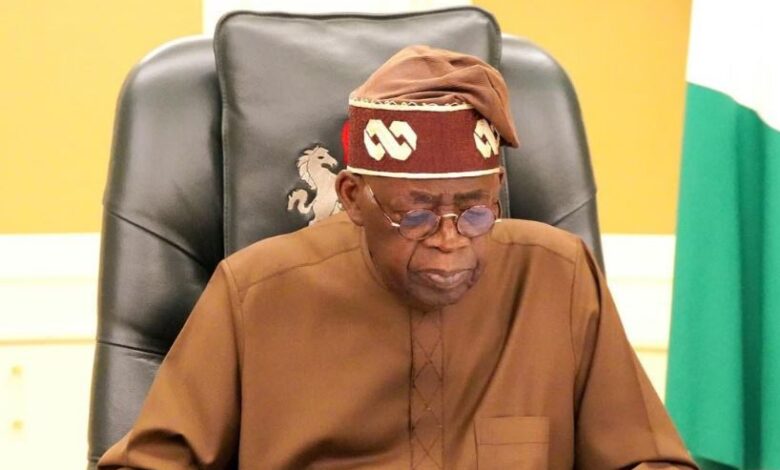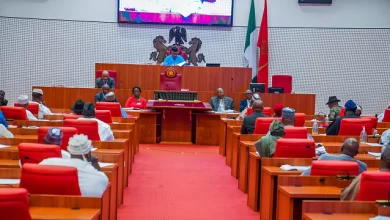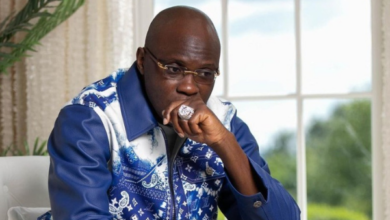Tax Reform: PDP, Stakeholders Advocate Dialogue Amid Presidential Push For Passage

The proposed tax reform bills currently before the National Assembly have sparked significant debate, with stakeholders urging broader consultations and cautioning against a hasty passage. The four bills—Nigeria Tax Bill 2024, Nigeria Tax Administration Bill, Nigeria Revenue Service (Establishment) Bill, and Joint Revenue Board (Establishment) Bill—were transmitted by President Bola Tinubu in October following approval by the Federal Executive Council. These bills aim to overhaul Nigeria’s tax system by consolidating laws, streamlining administration, and establishing new regulatory bodies like the Tax Appeal Tribunal and the Tax Ombudsman.
PDP’s Position
The Peoples Democratic Party (PDP) has been vocal in its opposition to the expedited consideration of the bills. PDP Deputy National Publicity Secretary Ibrahim Abdullahi criticized the timing, emphasizing that Nigeria’s current economic challenges, including inflation and increased taxes, warrant a more measured approach. He expressed concerns over the government’s intentions, urging an expanded review that includes state governors and other stakeholders.
PDP Deputy National Youth Leader Timothy Osadolor echoed Abdullahi’s sentiments, advocating for deeper consultations and public hearings. He noted that democracy requires broad participation and warned against alienating the public through unilateral decisions.
Labour Party’s Stand
The Labour Party also voiced reservations, with its 2023 presidential candidate, Peter Obi, emphasizing transparency and public trust. Obi advocated for robust public hearings and inclusivity in policymaking, warning that rushed reforms risk undermining their legitimacy. Labour Party National Secretary Umar Farouk rejected the bills outright, citing inequities in their implementation and their potential impact on disadvantaged regions and populations.
Regional Divides and Lawmaker Opposition
The bills have underscored regional tensions, particularly between lawmakers from the North and the South. Northern lawmakers have strongly opposed the reforms, citing potential negative impacts on their region’s fragile economy, which has suffered from years of insurgency. They argue that the bills lack adequate consultation and risk exacerbating regional disparities.
Tijjani Ghali, a federal lawmaker from Kano State, supported the Northern Governors Forum’s stance, describing the timing as inappropriate. Other northern lawmakers expressed suspicions about the urgency of the process and called for more time to negotiate terms that reflect regional interests.
In contrast, some southern lawmakers and members of the ruling All Progressives Congress (APC) have expressed cautious support for the reforms. They emphasized ongoing consultations and the potential for a mutually beneficial resolution.
Call for Public Hearings
Amid the controversy, several stakeholders, including legislators, have called for public hearings to address specific concerns and identify contentious clauses in the bills. Oluwole Oke, representing Oriade/Obokun Federal Constituency in Osun State, urged opponents of the bills to outline their disagreements for discussion during the legislative process. Akin Rotimi, Chairman of the House Committee on Media and Public Affairs, assured that caucuses were working toward consensus.
The Road Ahead
Despite opposition, the Senate has already passed the bills for second reading. Senate Committee Chairman on Ecology and Climate Change, Seriake Dickson, assured that public hearings would allow stakeholders to present their views. He defended the reforms as an opportunity to address long-standing tax anomalies, such as revenue distribution disparities.
As consultations continue, the controversy underscores the need for a balanced approach to ensure that the proposed reforms are both equitable and broadly accepted, avoiding further economic and social polarization.



